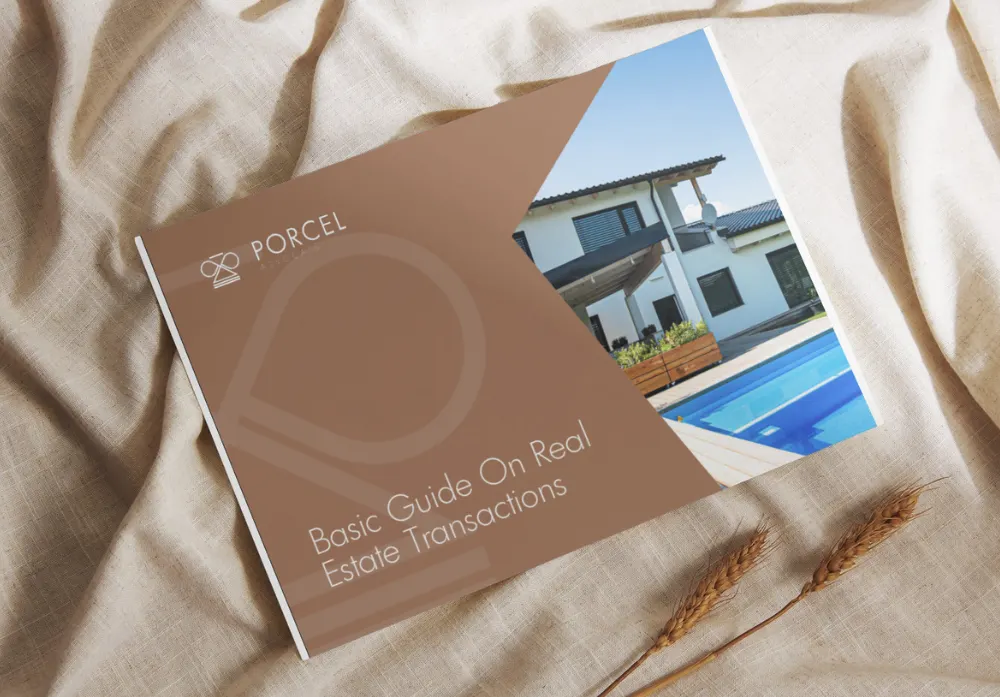Whether you are selling, purchasing, or building a property or real estate in Spain, you may have heard of easements.
What are easements?
Easements are real rights. Specifically, article 566-1.1 CCCat defines right of easement as “a real right that partially levies an estate, which is the servient, in benefit of another, which is the dominant, and may involve bestowing upon the latter a specific use of the servient estate or a reduction of faculties of the holder of the servient estate”.
Therefore, it is important to clarify that there is one servient estate or property that is levied in favour of the dominant estate and which, put plainly, obtains the benefits of the former.
How to know whether an estate has an easement?
We can know whether an estate has a registered easement and whether it is the dominant or servient estate or property by requesting a registration note at the Property Registry.
How do easements expire?
According to article 566-11 of the Civil Code of Catalonia, easements expire due to general causes of expiry of real rights (stipulated in articles 532-2 to 532-4, the main causes being loss of the property, consolidation of ownership and resignation by owners), as well as causes intrinsic to expiration of easements:
Article 566-11 Causes of expiration of easement
- An easement expires due to general causes of expiration of real rights, as well as the following:
a) Lack of use during a ten-year period as of the moment of disuse or objection, except in the case of easement over own property. b) Total loss of the servient or dominant estates. c) Impossibility to exercise it. d) The expiration of the grantors’ right or the real right of the easement owners. e) The assumption referred to in article 566-3-2, if the existence of the easement has not been expressly declared.
- If the easement should expire due to impossibility to exercise it, it shall not be re-established even though it might be possible to exercise it at a later date.
- The owners of a forced easement which is re-established within the ten-year period following its expiration due to any of the causes established in points a and c under section 1 shall not be obliged to pay any compensation, except if such easement had expired due to an action taken by the owners of the dominant estate.
Which are the most common types of easements?
Some of the most common types of easements are:
- Easement of light and view (which implies receive the light coming from the servient estate and going into the dominant estate through windows or skylights)
- Right of way (which implies granting passage to the owners of a property with no or insufficient access to public throughfare)
- Easement of access to a general network (implies granting access to the owners of a property without connection to a general sewer, water, electricity, communications, new technology services or similar services)
- Easement of aqueduct services (implies granting access to the owners of an estate to a water source on condition that they are the owners of the external water source)
- Easement of use (usually defined by the foundational title but intended to the be used by an area from the servient estate).
Which are the obligations of easements?
The most common are: Article 566-6 Contents adjacent to the easement
- The works and activities required to establish and preserve the easement must be carried out by its owner, unless otherwise specified in the constitution deed. The owners of the servient estate, if necessary, must tolerate its partial occupation in order for the works to be carried out.
- Should the easement provide added value to their property, the owners of the servient estate must contribute proportionately to the establishment and preservation expenses, unless otherwise agreed upon.
- The owners of the servient estate cannot do any works which may challenge or undermine the exercise of the easement.
For this reason, if you are going to purchase or sell a property in Spain and think this obligation may be applicable, we recommend that you contact a lawyer so they can inform you about how to solve this situation before formalising an agreement. Remember that this information is generic and each particular case must be studied individually, so we recommend you seek legal counselling for your sale or purchase in Spain.



